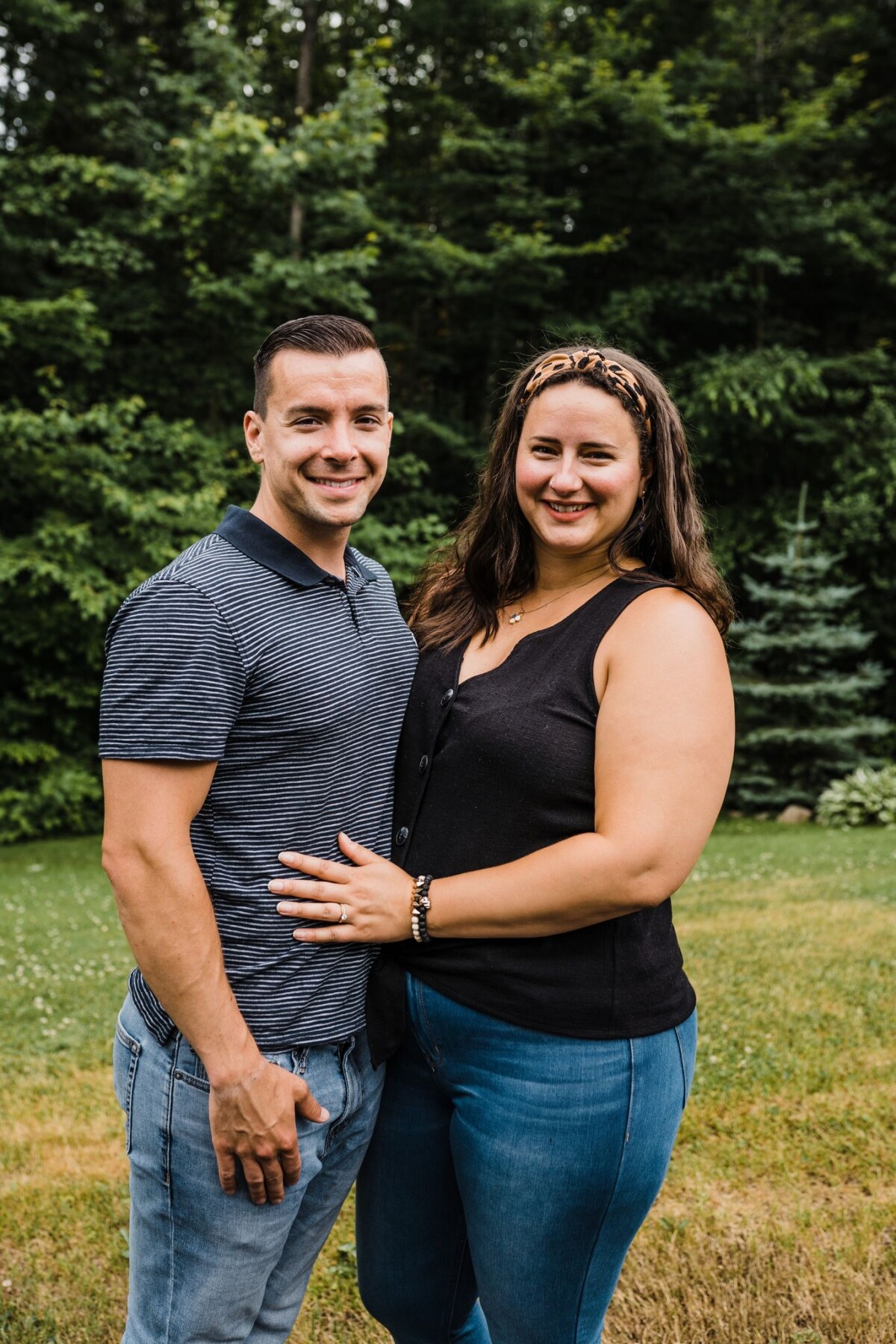When it comes to adoption, the questions often outnumber the answers. Here’s our attempt to kind of even the score.
For specific questions about the adopting process in Canada, click here. Got more questions? We’ve got more answers. E-mail us anytime at info@canadaadopts.com and we’ll get back to you.

